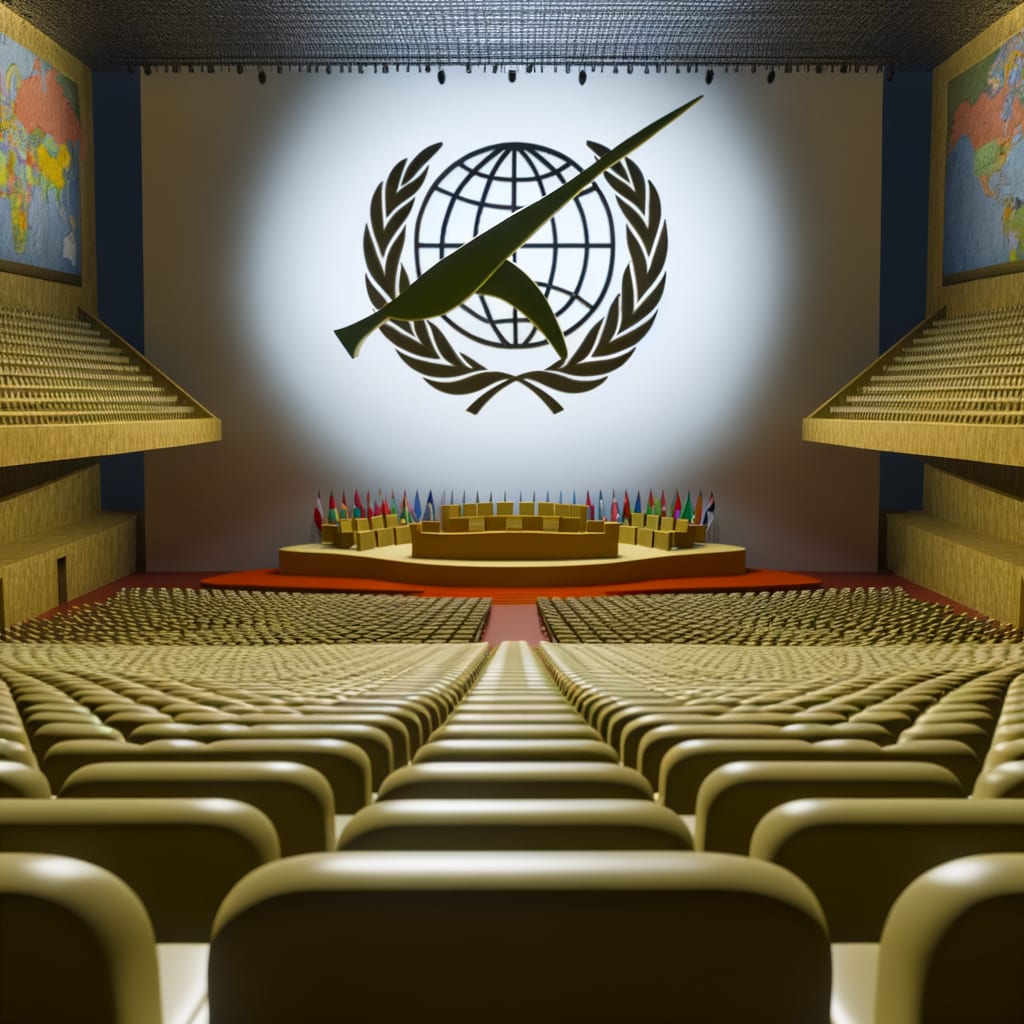France Leads European Nations in Recognizing Palestinian Statehood
In a significant move towards resolving the long-stalled two-state solution, France, followed by several other European countries, officially recognized the State of Palestine at the United Nations General Assembly in New York City. The announcement, led by French President Emmanuel Macron, was made at a summit co-hosted by France and Saudi Arabia, aimed at defining a roadmap towards peace in Gaza and the West Bank.
Background and Context
The recognition of Palestinian statehood by France comes nearly two years into the war in Gaza, with Macron describing this move as a necessity
. This formal announcement follows similar recognitions by the United Kingdom, Canada, Australia, and Portugal on Sunday. Macron was quoted saying, “The time has come to free the hostages, the time has come to stop the war, massacres, and the fleeing people. It falls on us, this responsibility, to do everything in our power to preserve the possibility of a two-state solution... Today, I declare that France recognizes the State of Palestine."
Key Developments
Following France's lead, Luxembourg, Malta, Monaco, and Andorra also announced their recognition of Palestinian statehood during the UN conference. Belgium, while supporting the move, stated its recognition hinged on Hamas releasing Israeli captives and the Palestinian movement being removed from any governing position. Meanwhile, Denmark and the Netherlands declared their intent to recognize Palestine at a later date once certain conditions are met.
However, Germany and Italy have yet to join these nations, stating it was not yet time for such a decision. On the other hand, EU foreign policy chief, Kaya Kallas, confirmed that all European countries support a two-state solution but recognizing a Palestinian state is an individual decision for each state.
Reactions and Implications
Israel, on the other hand, described the meeting as a 'circus', defying the move towards Palestinian statehood recognition. The United States, too, boycotted the gathering, with President Donald Trump criticizing the wave of European nations recognizing a Palestinian state as a reward for Hamas, thus encouraging continued conflict in Gaza.
However, Saudi Arabia’s Foreign Minister Faisal bin Farhan appreciated the countries recognizing the state of Palestine, stating that Israel’s continuing aggressive practices threaten regional and international peace and stability.
Conclusion
While the recognition of Palestine as an independent state marks a significant milestone, it is less driven by genuine humanitarian concern and more by mounting domestic and international pressure. Protestors outside the UN insist that more needs to be done in advocating for Palestine. As the war in Gaza continues, the international community awaits the next steps towards a comprehensive two-state solution.

